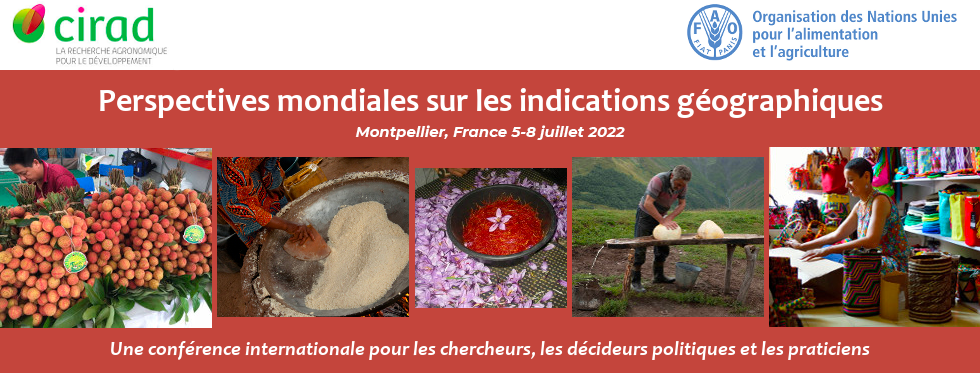The high social and ecological costs of globalization and trade liberalization in agriculture have prompted the emergence of countermovements defending the importance of place- or region- based agri-food systems. Some Geographical Indications (GIs) have been explicitly implemented to respond to regional governance issues in rural areas, aiming at sustaining region-specific agricultural practices and promoting decentralized value creation. GIs further create and protect intellectual property rights in a context of fierce market competition and diversification. On the one hand, GIs provide a response to growing demand for accountability to consumers and for food security. GIs thus have the potential to empower producers – particularly small enterprises – and to enhance terroir-related identities and agricultural practices by consolidating the unique selling propositions of agri-food products. On the other hand, GIs may lead to an increasing industrialization of agricultural practices through higher productivity targets.
In our contribution, we build on this fundamental tension between GIs as catalysts for the creation of knowledge and landscape commons – which we refer to as a commonification process –, and their role as trademarks for increased commercialization – which we refer to as commodification process. While GIs might to some extent establish agri-food products and their associated landscapes, traditions, and identities as a common good that needs to be properly governed, they might also contribute to dissolve their common good character if implemented primarily for higher returns. Our conceptual approach connects new institutionalism with political ecology to analyze the dialectical relationship between GIs acting as commonification and/or commodification instruments. Understanding the mechanisms at work is essential to capture GIs' impact on sustainable regional development. To do so, this contribution will assess the hypothesis that the higher the extent to which GIs work as a Common Pool Ressource Institution (CPRI), the more they contribute to sustainable regional development. We explore the conditions of emergence and perpetuation of such localized regulatory arrangements and their impact on the long-term management of regional resources. We illustrate our conceptualization efforts with examples from Switzerland.



